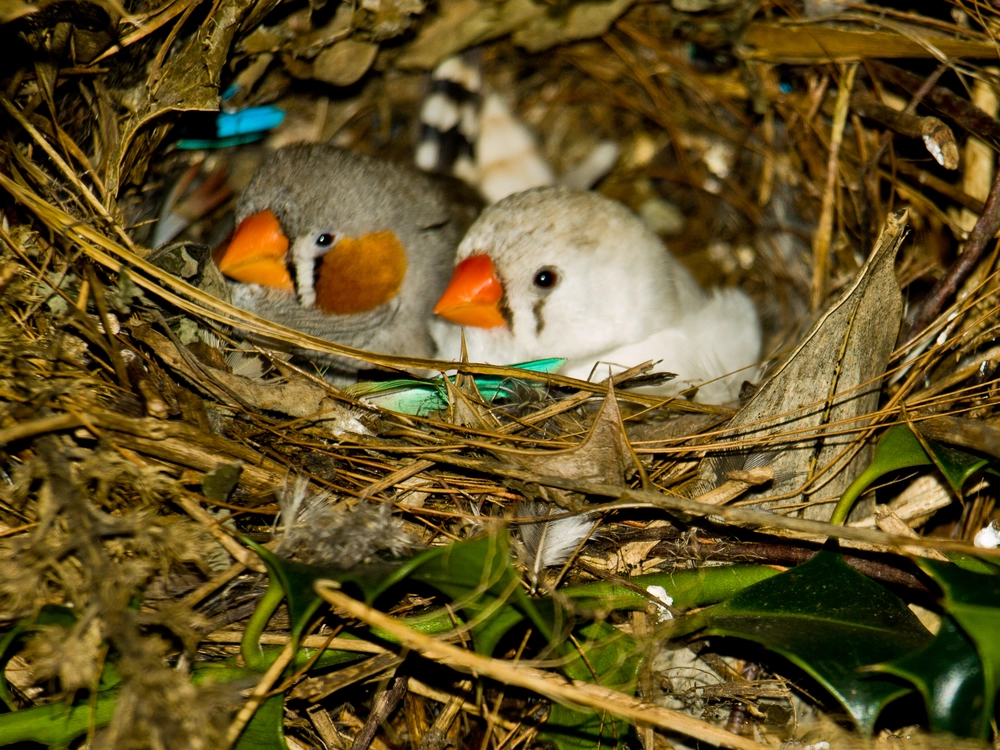
"As a behavioral ecologist studying nestlings in bird nests, I have always known that baby birds respond to sounds in their environment, whether it be the rustling of leaves or the parents calling out to them," Mark Erno Hauber, one of the researchers who carried out the study, told Medical Xpress. "Yet, when I became a neuroscientist, I was surprised to find that avian neurobiologists considered the nestling bird an auditory tabula rasa—without the ability to fully hear and process acoustic stimuli."
The lead authors of the recent paper are Ph.D. students Nick Antonson from University of Illinois and Moises Rivera from City University of New York. In collaboration with Hauber and other biology researchers, these researchers have been investigating both nesting and embryonic hearing in birds for over 20 years. Their studies focused on a variety of species, ranging from cowbirds to fairy-wrens and zebra finches.
Research Articles:
Early acoustic experience alters genome-wide methylation in the auditory forebrain of songbird embryos. Neuroscience Letters(2021). DOI: 10.1016/j.neulet.2021.135917
Neural activation in response to conspecific songs in zebra finch (Taeniopygia guttata) embryos and nestlings. Neuroreport(2019). DOI: 10.1097/WNR.0000000000001187